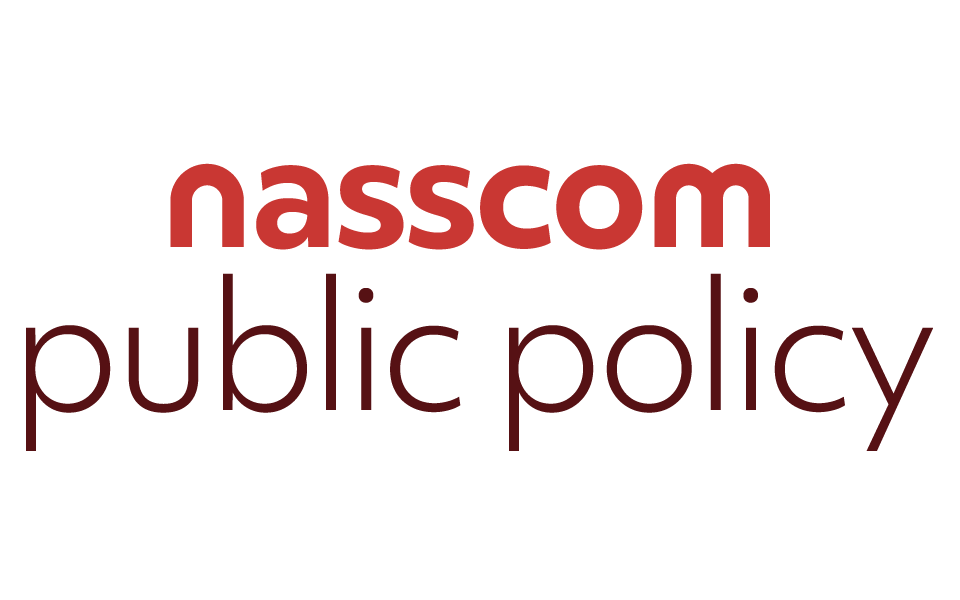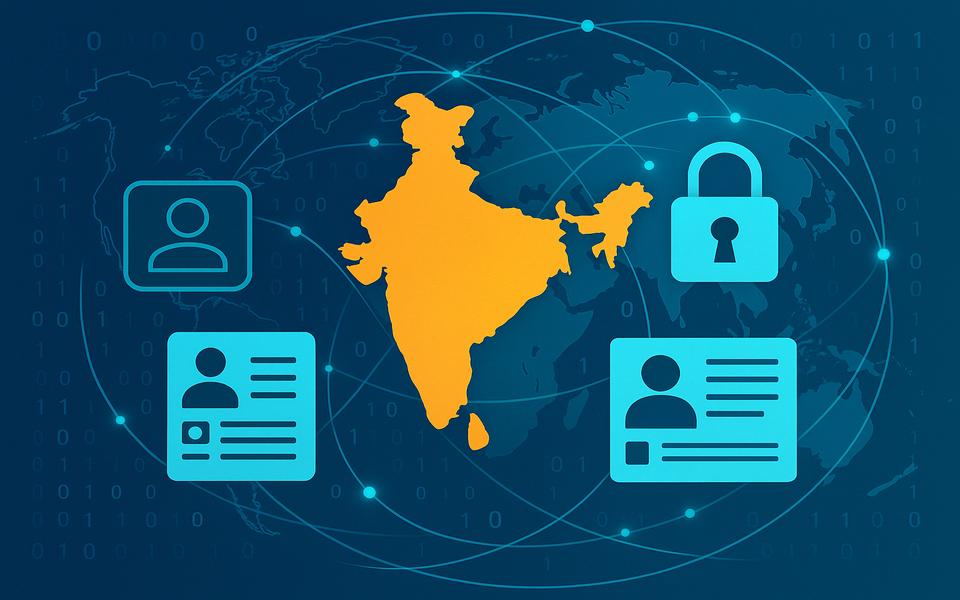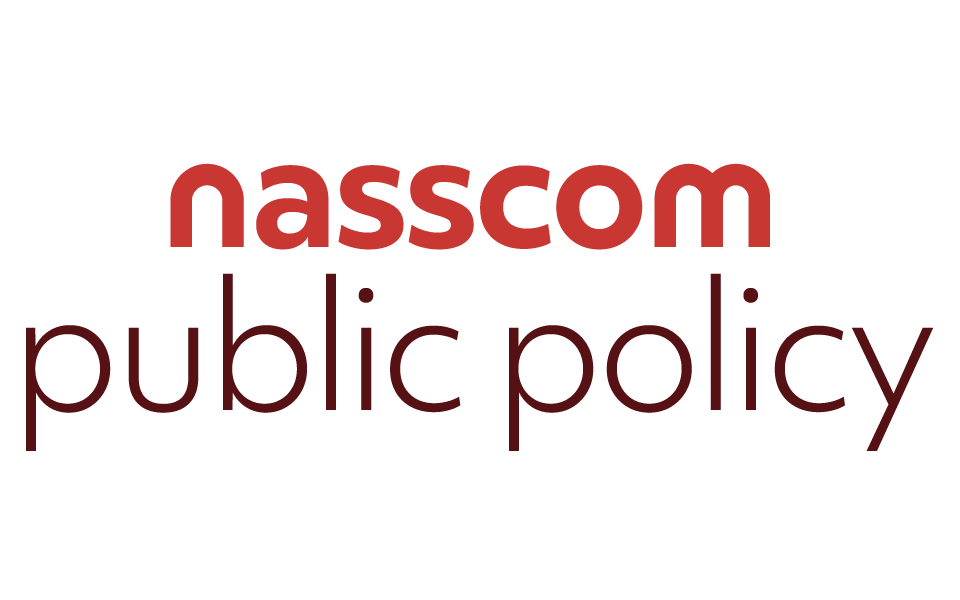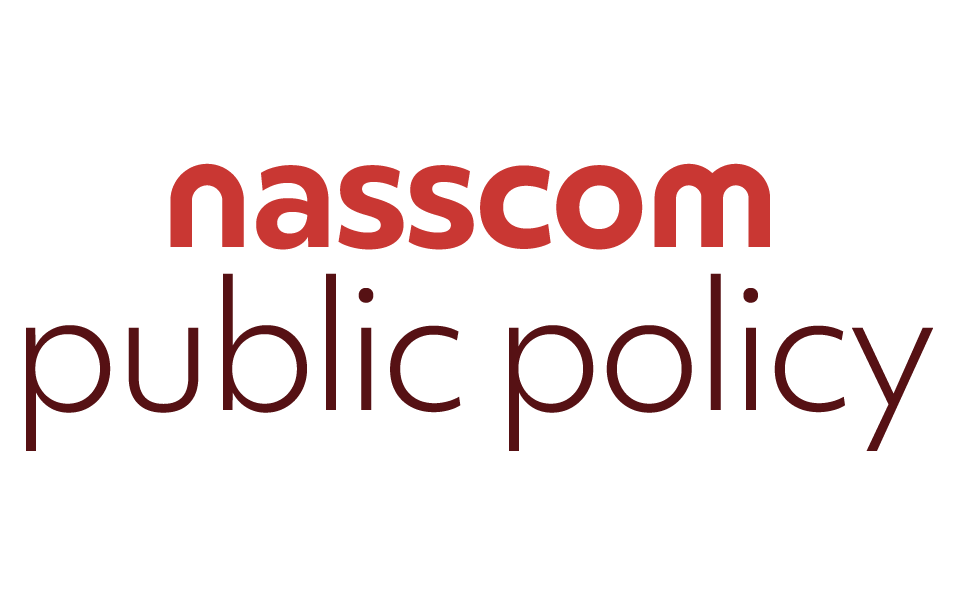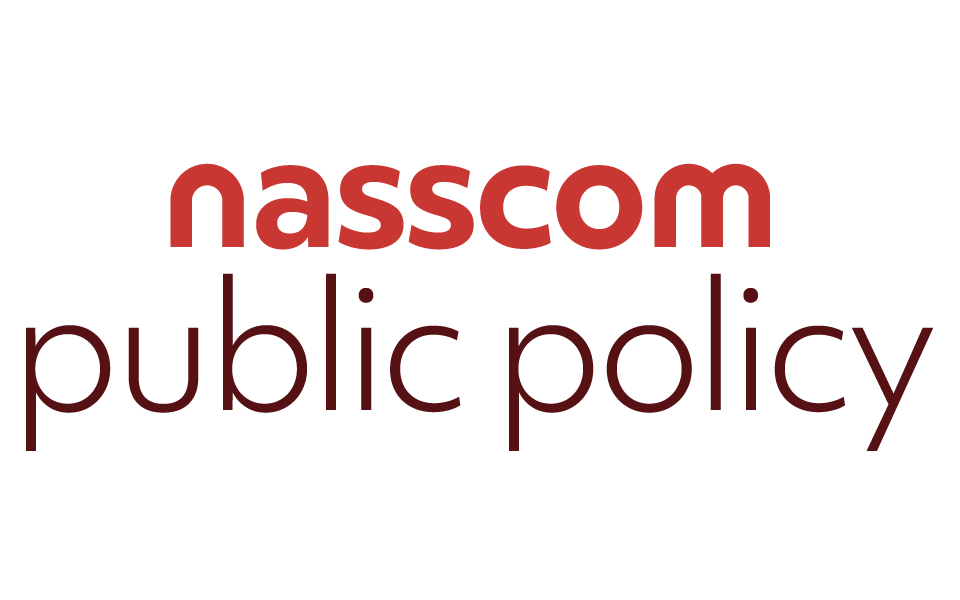Background:
Entry 1 of Schedule III of Central Goods and Services Tax Act, 2017 (CGST Act) excludes services provided by employee to employer from the purview of GST. GST law proposes a mechanism of ISD, whereby a unit of an entity procuring common services obtains a separate registration for distribution of Input Tax Credit (ITC) in respect of such common services to Branch Offices (BO) locations across the country in proportion to turnover of each unit. However, there are no regulations that mandate companies to adopt ISD mechanism. Further, due to the limitations associated with ISD mechanism like increased compliances and admin cost, many taxpayers have followed cross-charge mechanism. In this regard, we refer to two recent rulings:
The Maharashtra Appellate Authority for Advance Ruling (AAAR) in the recent case of Cummins India Limited has held that facilitation of common input service by HO from third party vendors on behalf of BO shall be treated as “supply of service”. Further, the value of said services would be excluded from the value of supply of facilitation services.
A similar ruling by the Karnataka AAAR in case of M/s Columbia Asia Hospitals Private Limited held that support function provided by employees of HO to branches is taxable. Further, it held that cost of employees working at HO would be an integral part of the cost of services rendered by HO to its other distinct units.
Issues:
- Management oversight/ stewardship services cannot be made liable to GST
The ruling in the case of Cummins India Ltd has relied on Entry 2 of Schedule I of CGST Act to hold that where common services are received by HO on behalf of BOs, it could qualify as “facilitation services”, on which GST would need to be discharged. The ruling has also held that shelter under Entry 1 of Schedule III of CGST Act which excludes services provided by employee to employer from the purview of GST, is not applicable in the present case.
The said AAAR has failed to consider the fact that it is already an established principal that body corporate and its branches are not distinct and separate entities from each other and that the branches constitute mere components through which the corporate entity expresses itself. This principle has also been upheld by Hon’ble Supreme Court in the matter of Agencia Commercial International vs Custodian of The Branches Banconacional Ultramarino.
The ruling has also failed to consider the fact that an employee is associated with an organisation and a BO. Accordingly, any function undertaken by HO for its BO cannot be construed as “supply”. Thus, activities undertaken by a HO in the nature of management oversight/ stewardship are not really services and cannot be made subject to GST.
- No cross-charge required in the absence of an underlying supply
The AAAR, in the matter of Cummins India Ltd, held that HO acts as a “facilitator of services” while making payments for services availed by BOs and that the cost so allocated to the BO will not be liable to GST as HO acts as a pure agent. This creates a scenario wherein HO is compelled to charge GST to its BO in absence of any underlying supply. The activities carried out by HO are in terms of functions entrusted upon it and cannot be termed as “supply”.
- ISD mechanism is “optional” – Conclusion in AAAR based on divergent guidance under GST Law
The interpretation that ISD is an optional mechanism has been upheld by Hon’ble CESTAT New Delhi in the matter of Punjab National Bank vs CCE-Meerut -1 wherein it was held that where there is no dispute with respect to eligibility of credit, the same cannot be denied only on grounds that the same was not availed through ISD. We further draw reference to the tweet posted by CBIC during implementation of GST wherein it was clarified that ISD is an optional mechanism of transferring common credits.
Similarly, IT/ ITeS FAQs in Question 26 has also clarified that ISD mechanism is optional. On the contrary, FAQ 17 of Banking, Insurance, and stock brokers sectoral FAQs provides that ITC on services procured from third party vendors which are used by various distinct persons needs to be transferred to such distinct persons through ISD mechanism.
The adoption of the view that ISD is mandatory, after 4.5 years of implementation of GST would certainly cause undue hardships to the trade at large who have, in many cases, been transferring credits by raising a tax invoice from regular registration without taking separate ISD registration (i.e., self-supply). This self-supply ensured that the credit flowed on a “consumption based tax” principle. Also, for the most sectors, both options are completely tax neutral.
The above aspects, in fact, were brought up in the 35th GST council Meeting along with the draft circular clarifying ISD as mandatory. However, the same was deferred as “almost 90% taxpayers might become non-compliant for their past practice as the CGST Act did not make ISD provision compulsory.”
- ISD only provides mechanism for distribution of credit for services while cross charge mechanism applicable for both goods and services
Another issue with ISD mechanism is that it only allows for distribution of common credit in respect of supply of services. For supply of any goods, the benefit of which accrues to multiple locations, taxpayers have to switch to transferring such ITC through cross-charge/ self-supply.
In order to avoid duplicity of efforts, many taxpayers opt to follow cross-charge mechanism for goods as well as for services.
− Turnover ratio may be incorrect – Presently, under the prescribed mechanism of ISD, all credits are required to be distributed amongst the establishments utilising the services in the ratio of turnover. This may often lead to incorrect distribution of ITC availed on services consumed by BO as there might be instances when service has been used in different ratio than the ratio arrived at in terms of turnover. For e.g. it would be more accurate to distribute marketing expenses for specific divisions/ product lines
-Lack of mechanism for payment of liability under Reverse Charge Mechanism (RCM) liability through ISD - Another issue that arises in case of supplies taxable in the hands of recipient under RCM is that the ISD registration does not allow for such liabilities to be discharged.
− Requirement of multiple ISD registration in case of multiple cost centres - Further, it may happen that several common services like marketing/ travel/ communication etc. are incurred by BO which is attributable to other location. In absence of cross-charge mechanism, said ITC will become a cost in the hands of BOs as they will be unable to transfer the credit.
- ISD vs cross-charge – revenue neutral for companies that are eligible for credit
Even for businesses which can avail ITC, it creates a working capital blockage and adds to compliance costs. We further wish to highlight that the department should not insist on following ISD mechanism and allow taxpayers to follow the mechanism as per their conveyance as the said matter is revenue neutral in nature.
It is immaterial as the mechanism adopted to transfer ITC (cross charge or ISD) doesn’t change eligibility of underlying credit. This will allow taxpayers to save additional administration cost and will bring ease of doing business to taxpayers at large.
All of the above issues make the ISD system complex and hence, Industry at large, has resorted to following the methodology of cross-charge for distribution of common credits.
Recommendations – In this regard, we have made a representation to GST officials on May 20, 2022 recommending the following:
- Management oversight/ stewardship services should not be liable to GST
In a normal trade scenario, HO is merely acting as a payer for services used by BOs and not as a receiver of services. There is no provision of facilitation by HO to BOs. Thus, the said transaction does not entail provision of service liable to GST. Further, when HO is acting as a payer, there cannot be any facilitation of services by employees of the company working in HO and does not entail employee salary cost as part of value of such service.
Further there is no supply without a positive act. Supply is the relevant taxable event for GST. For an activity/transaction to be liable to GST, existence of ‘supply’ as defined under S.7 of CGST Act is a sine qua non. S. 7 of CGST Act defines supply to mean ‘all forms of supply of goods or services or both made or agreed to be made for a consideration by a person in the course or furtherance of business’.
On a holistic reading of this provision, it appears that there must be some act which is positively done that would trigger a supply.
‘Service’ is defined broadly in the CGST Act to mean ‘anything other than goods’. However, it is not the service itself which attracts tax, rather supply of service is the taxable event. Therefore, unless a positive action is established at the end of HO resulting in a service being rendered to BO, it is incorrect to conclude that there is a taxable supply.
Treatment under Direct tax - Under Article 7(2) of the Organisation for Economic Co-operation and Development (OECD) Model Convention, 2008, Head Office and Permanent Establishment (PE – branch) are to be treated as distinct and separate enterprises.
Allocation of cost is only for MIS purpose - Allocation/apportionment of employee costs to branches is merely for the purpose of determining product cost and profitability. This should not be understood in any manner as an acknowledgement that the HO has rendered any services to its BOs. Although HO and BOs are deemed to be establishments of distinct persons, the activities of HO are not deemed to be supply of service by HO to BO. To qualify as supply in terms of Sr. No. 2 of Schedule I, there should be supply of services between related persons. In absence of a specific provision, the activities of HO cannot be deemed as services.
Therefore, it is recommended that a clarification be issued that there would be no GST applicable (in case of management oversight/stewardship) as the HO is acting as a pure agent and is only facilitating payment on behalf of BO and not providing a service.
Activities undertaken by a HO in the nature of management oversight/ stewardship are not services and cannot be made subject to GST.
- Payments made by HO for common procurements not to be construed as “facilitation services”
In a normal trade scenario, HO is merely acting as a payer for services used by BOs and not as a receiver of services. There are no facilitation services provided by HO to BOs which are leviable to GST. Further, when the HO is acting as a payer, there cannot be any facilitation of services (i.e. stewardship services) by employees of the company working in HO and does not entail employee salary cost as part of value of such service. Therefore, it is recommended that a clarification should be issued that there would be no GST applicable as the HO is only facilitating payment (i.e. stewardship function) for the legal entity on behalf of BO and not providing a service.
- Cross charge/ISD transfer for the third-party common input services received by HO
Where there is a common service received from a third party vendor by HO, there should be mandated cross charge/ISD transfer. The option of cross charge or ISD transfer should be left to the choice of taxpayers as it is revenue neutral in nature.
It is immaterial as to which mechanism is adopted to transfer ITC (cross charge or ISD) as it doesn’t change eligibility of underlying credit and the credit impact is anyway revenue neutral. This will allow taxpayers to save additional administration cost and will bring ease of doing business to taxpayers at large. Some of the key common expenditure received by head officer that should be mandatorily cross charged or require ISD transfer are:
− Audit, legal and professional expenses;
− Telecommunication expenses;
− Air travel expenses;
− Third party IT costs;
− Third part expenses incurred by HR, IT, legal etc; and
− Employee insurance etc.
Even based on the deliberations in the 35th Council meeting, it is evident that ISD is optional. Legislature also does not intent to make cross charge a mandatory requirement. Therefore, where there is a common expense incurred by HO from third party vendor’s, cross charge or ISD transfer should be available as option in the hands of taxpayers.
- Where supplies are delivered from multiple location, contract/agreement with recipient is entered by one location
Where employees of HO/ BO assist output operations of another BO, cross charge is mandatory. This has been clarified in the FAQ 23 of IT/ITeS sectorial FAQ by CBIC. However, it needs to be clarified that the value adopted for such cross charge should be in line with second proviso to Rule 28(c) of CGST Rules.
- Requisite amendment to the draft Circular (provided in detailed agenda for 35th GST Council Meeting)
|
Issue
|
Recommendation
|
|
The said circular in answer to Q1 states that it is mandatory to follow ISD procedure to distribute common credit
|
It should be clarified that ISD is optional mechanism for taxpayers to distribute common credit and not mandatory in nature
|
|
In response to question 3, the circular states that HOs should also charge BOs for costs incurred towards procurement, distribution, and management of common inputs
|
It should be clarified that HO merely acts as a payer for services used by BOs and not as a receiver of services and hence there are no facilitation services provided by HO to BOs in the given case
|
|
In answer to question 4 in the said circular it has been provided that services provided by common admin, IT maintenance by employees at HO will be construed to have been provided by Ho to its BO and not by employees to its BOs
|
It should be clarified that in cases where service is being provided through HO to BO through employees it would be construed that service is being provided by employee to employer as employee is associated with entire organisation and cannot be held to be only associated with single GSTIN where it has physical presence.
|
|
The said circular in answer to question 7 has reiterated that it is mandatory to take ISD registration to transfer common credits
|
The said question should be omitted as the answer to question 1 (if changed) would have already affirmed the same as optional, hence this question doesn’t have any relevance
|




